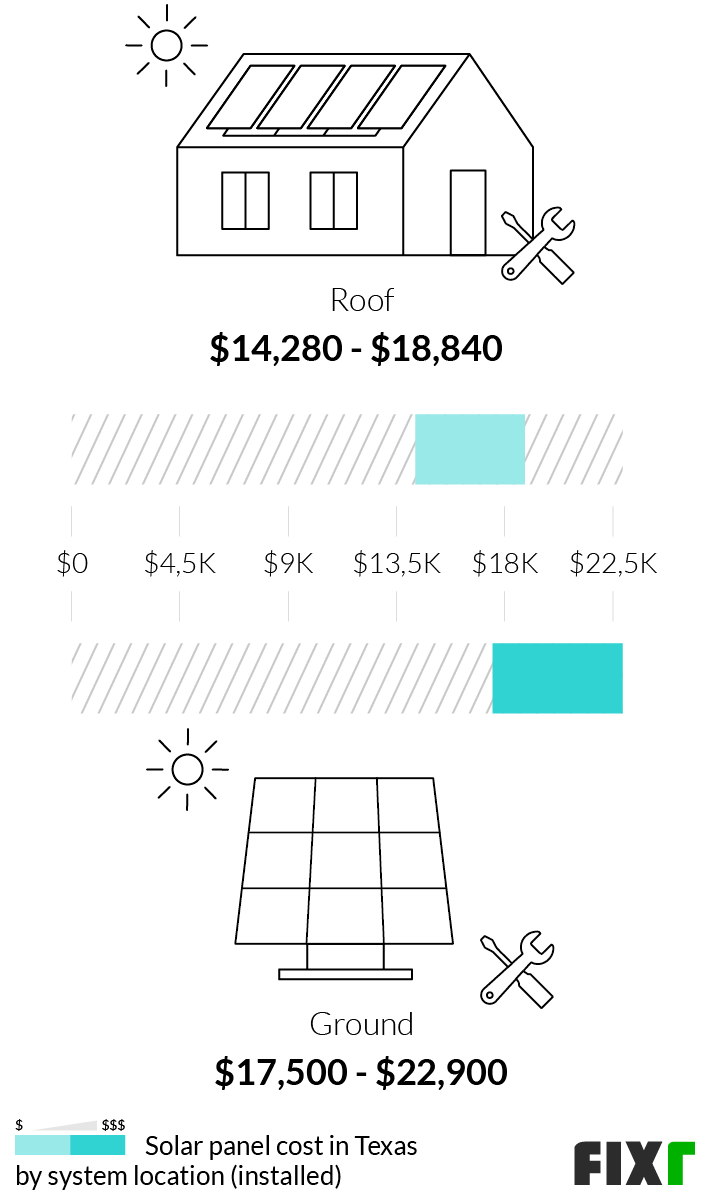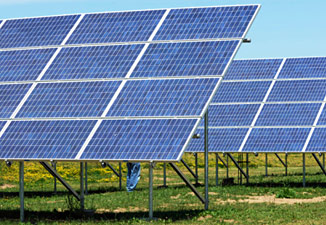
Before installing solar panels on your home, you need to consider the pros and cons. Before you make your final decision, think about the cost of installation, their life expectancy, carbon footprint, as well how often the panels need to be maintained. It is possible to save money while being more eco-friendly by having solar energy on your property. Solar panels can be costly so you will need to invest in additional batteries.
Solar panels cost
There are many factors that influence the price of solar panels. The average cost of solar panels in Massachusetts is $14,000. Over 25 years, savings can reach over $30k. Massachusetts's electricity rate exceeds the national average. It also has the best policies and incentives. A 5kW system will typically pay for itself in four year's time. It is possible to maximize the savings by using track mounting and solar panels of high quality. This ensures the whole system absorbs light at a similar rate.
The cost per watt for solar panels varies, from $2.50 per watt to $3.50. This price fluctuates according to where it is located, with Southern areas having the highest per watt cost. But the panels will produce enough electricity regardless of the cost per watt. You will get different returns depending on where you live and what county you are in. You can use a calculator to calculate the cost of solar panel installation.

Lifespan solar panels
The equipment used, the location of the panels and the maintenance done to them can all affect their lifespan. Although solar panels are designed to last 25 years on average, some may last much longer. But, they do not produce the same amount as energy in the first twenty years. In turn, their power and efficiency gradually decrease over time. To be safe, base your calculations based on an average lifespan of twenty five years.
Solar panels that are poor quality will not last as long as they are. Solar panels can also be damaged by extreme weather conditions. The lifespan of solar panels may be decreased by harsh weather conditions such hail, heavy rain, snow and cold. Also, how well the solar panels are mounted will have an impact on their life expectancy. Before you buy solar panels, you should consider where they will be installed.
Solar panels have a low carbon footprint
You can reduce the carbon footprint of your household by installing a solar panel. Each panel produces a carbon footprint that is about 6 grams per kilowatthour (kWh). This is almost half the carbon emitted from conventional utilities. Solar panels are also less carbon intensive than conventional utilities such as coal and gas Carbon Capture and Storage. Solar panels have a carbon footprint that is comparable to those of wind or nuclear power.
The carbon footprint of a solar panel can vary significantly, but the overall footprint is less than that of fossil fuels. Solar panels are more efficient than hydrocarbons like coal, natural gas, or natural gas. They can also cancel out their carbon footprints in as little as one year. This means that they can be an excellent investment for your home and the environment. Solar panels can make a significant impact on the carbon footprint of your local community, regardless of where you live.

Maintenance of solar panels
You need to make sure your panels are well maintained in order to get maximum use. The amount of snow on your panels may mean that you need to clean them once per year. Although most of the snow will fall off naturally due to the tilt of the panels, some particles will remain. This will reduce the energy production. You can always hire professionals to help you if the panels are too difficult to clear.
Most solar panels can be cleaned by you yourself. However, you should be aware that the maintenance costs will depend on the severity and frequency of cleaning. This cost should be considered when you plan the installation of solar panels. Some manufacturers of solar panels will offer maintenance visits for a small fee or free. In general, however, you can expect to spend more on solar panels installed on a roof compared to the ground.